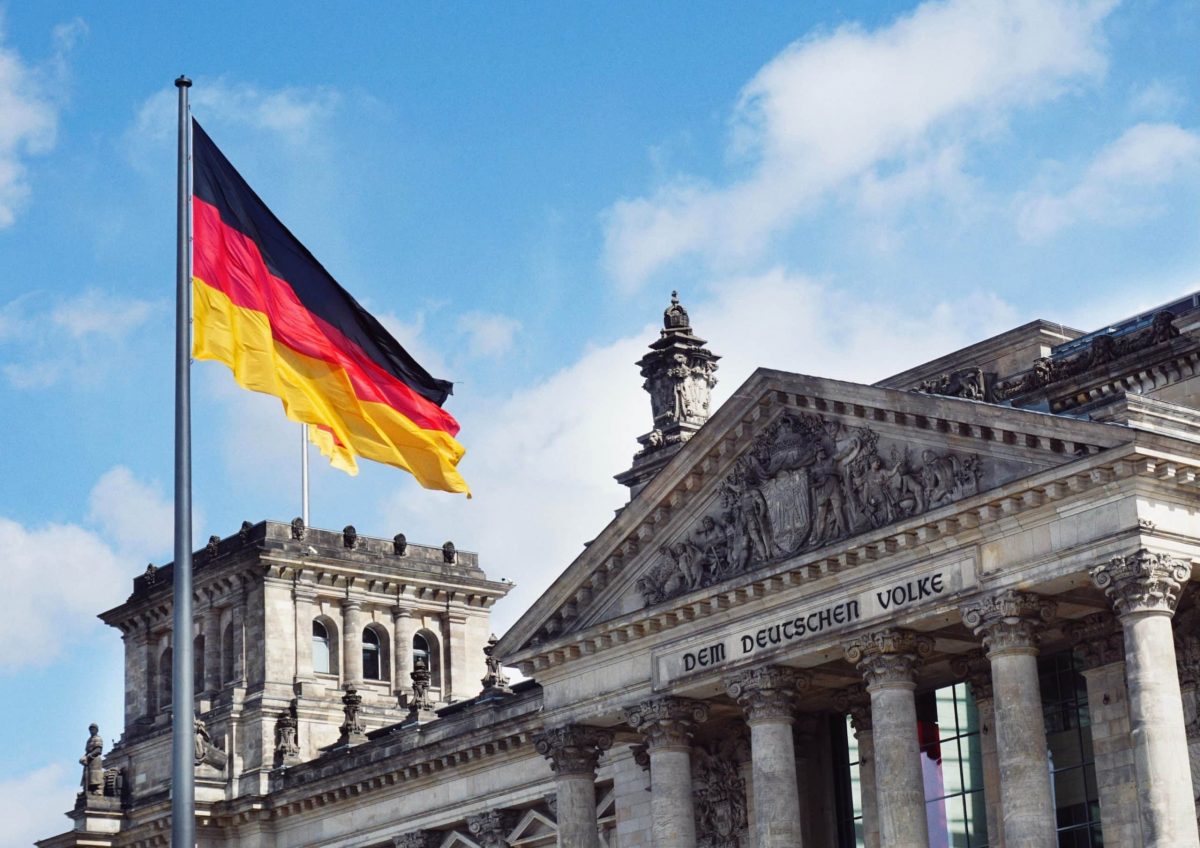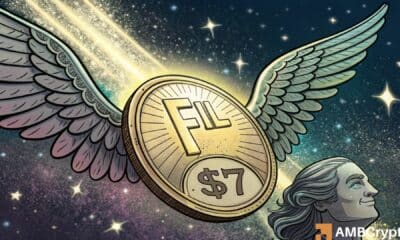Here’s what German regulator BaFin is suggesting for NFTs

- BaFin is not yet ready to classify NFTs as securities and advises doing so on a case-by-case basis.
- BaFin does not expect NFTs to comply with the Payment Services Supervision Act’s license requirements.
Nonfungible tokens (NFTs) are not yet eligible to be classified as securities by the German Federal Financial Supervisory Authority (BaFin). The organization recommends categorizing NFTs on a case-by-case basis.
On 8 March, the BaFin journal released an explanation of the legal classification of NFTs. The regulators don’t now see how NFTs satisfy the requirements to be classified as securities.
But, if, for instance, 1,000 NFTs reflect the same repayment and interest claims, BaFin may later view NFTs as securities.
Another provision states that an NFT may be regarded as an investment if it includes proof of ownership or exploitation rights, such as a guarantee of distribution.
Reasons for the same
The organization suggests designating NFTs as a “crypto asset” on a case-by-case basis. However, BaFin asserts that given the lack of quick exchangeability, the likelihood that NFTs will serve as a “crypto asset” is much lower than the investment classification.
NFTs are also spared from “e-money” designation due to the absence of standardization.
BaFin does not anticipate that NFTs will adhere to the Payment Services Supervision Act’s license requirements due to the challenges with classification.
Moreover, NFTs are exempt from BaFin’s anti-money laundering oversight, except fungibles, which fall under the category of financial instruments. NFTs that are individually regarded as “crypto assets” must abide by AML regulations.
About three out of four NFT collectors on the metaverse site Metajuice claim to buy NFTs for their status, distinctiveness, and aesthetics. Just 13% of respondents to the survey claimed they purchase NFTs with the intention of reselling.
BaFin and cryptocurrencies
BaFin’s executive director Birgit Rodolphe last year advocated for innovative and consistent regulation of the decentralized finance (DeFi) sector across the European Union.
The German financial regulatory agency BaFin is in charge of overseeing banks, insurance companies, and other financial institutions, including bitcoin businesses. “Crypto custody licenses,” a license necessary for businesses intending to provide Bitcoin services in Germany, are issued by BaFin.
The Eurozone country appears to be approaching NFTs differently than countries like the United States, Singapore, and India.
The U.S. Internal Tax Agency (IRS) changed the language surrounding NFTs last year and classified them as digital assets. The department responsible for collecting taxes was providing advice for the 2022 tax year.






